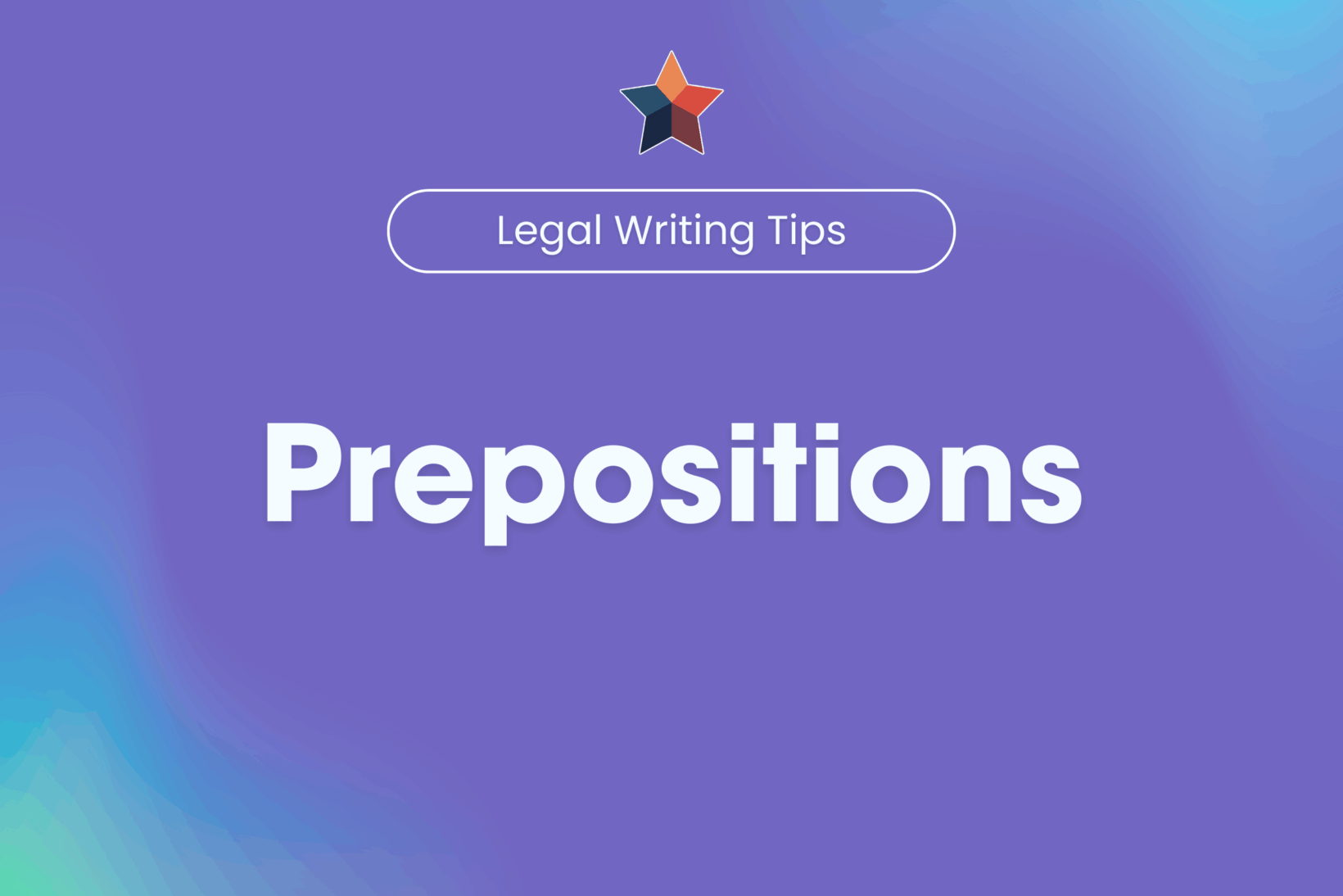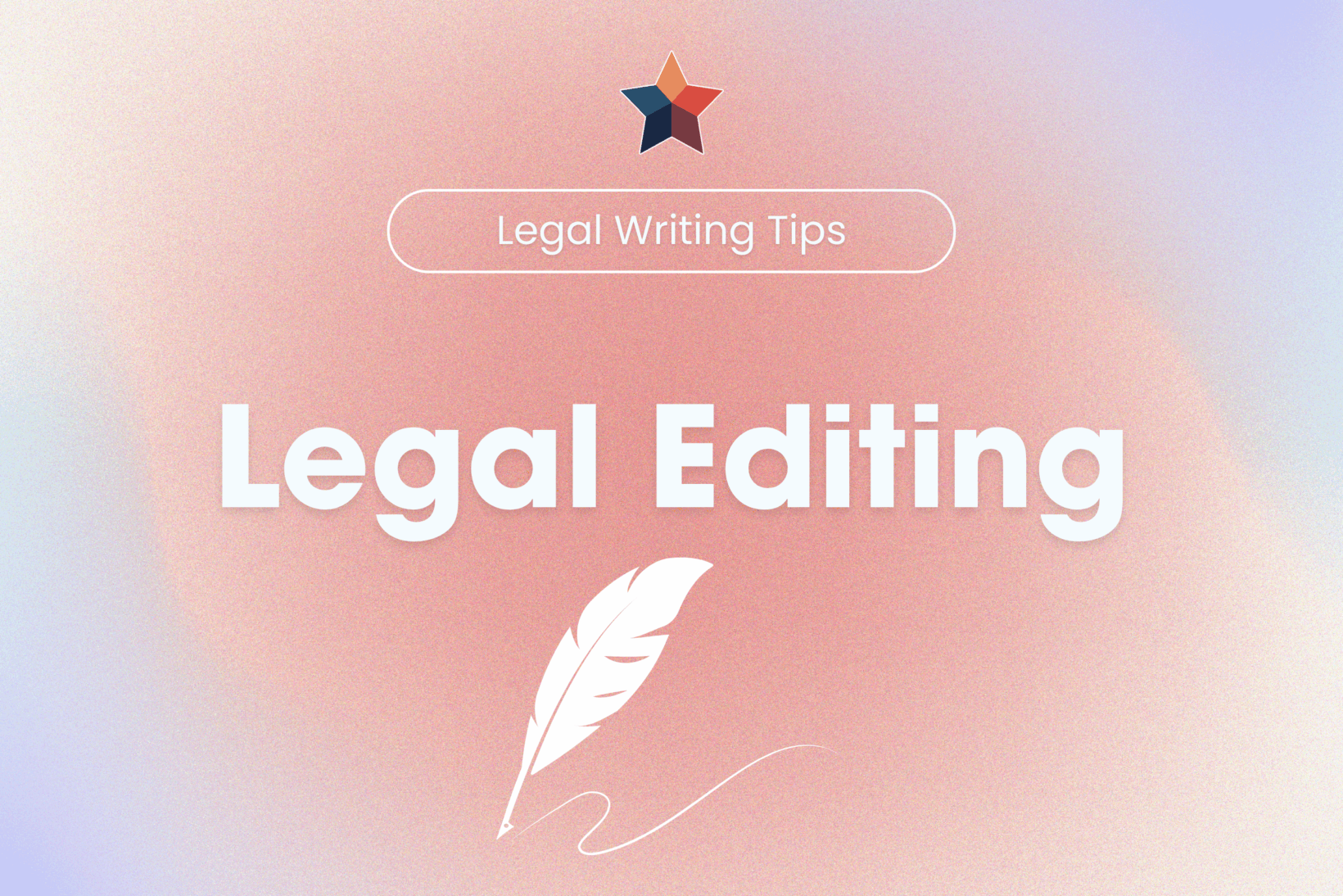Here are three of the world’s most unconventional wills which prove why drafting a will should never be a DIY, last minute project.
Is It Wrong to End a Sentence with a Preposition?
In legal writing, ending sentences with a preposition may seem like a grammatical sin but is it really as drastic as it seems?
Legal Editing: The Art of Precision, Clarity, and Professionalism
We discuss a few key techniques for improving legal editing skills and provide practical tips to enhance the quality of legal writing.



 LPM Help Center
LPM Help Center